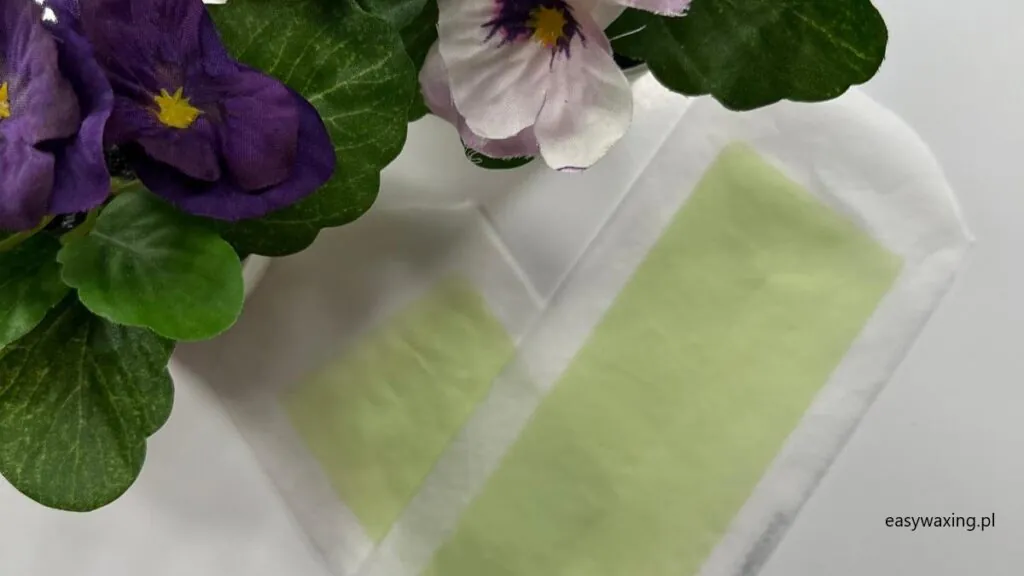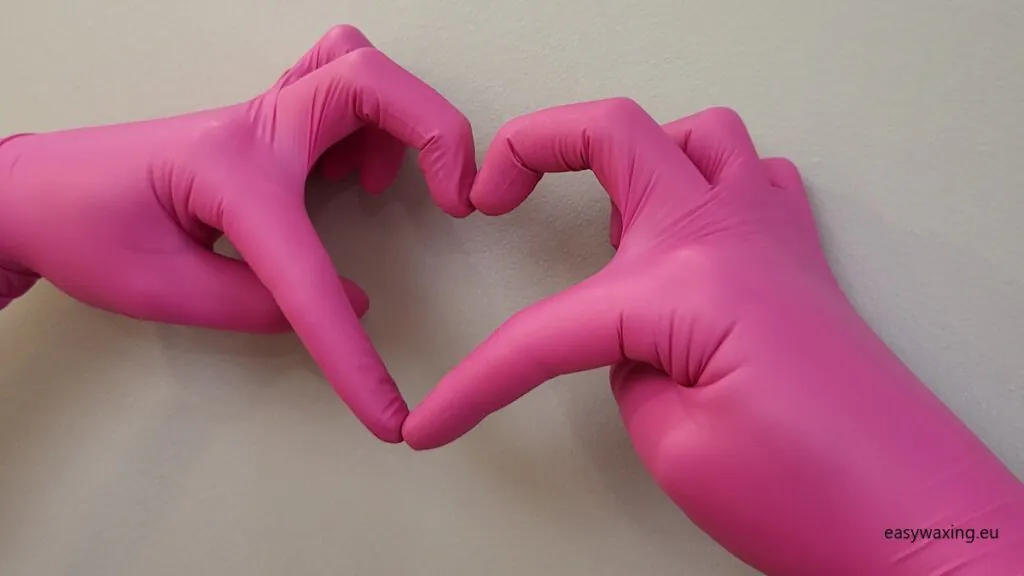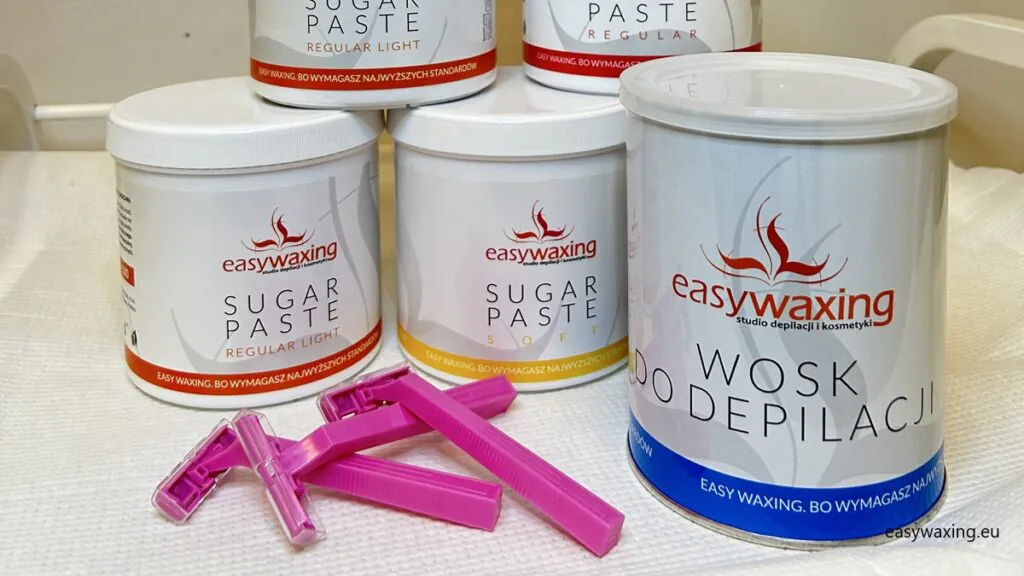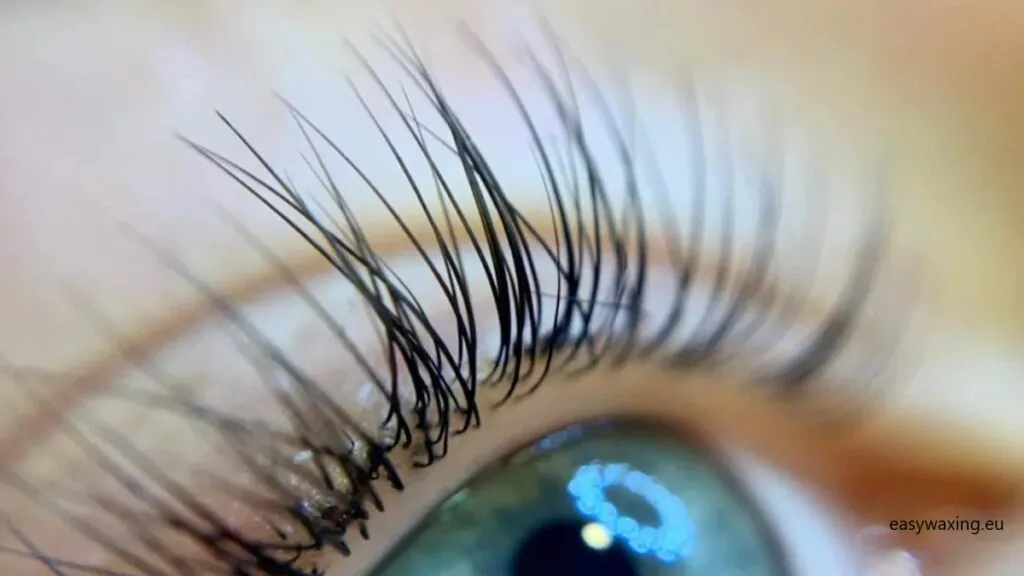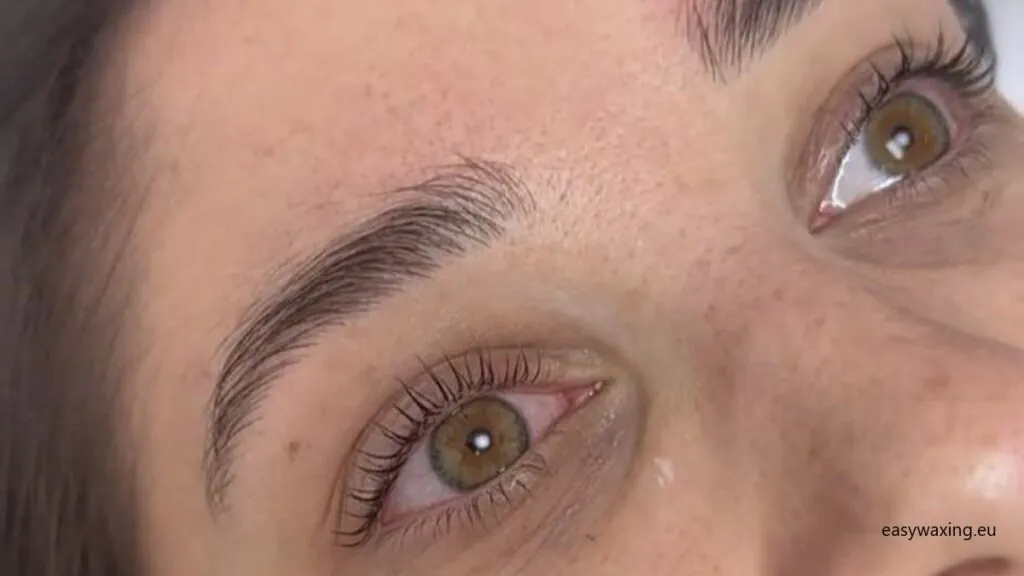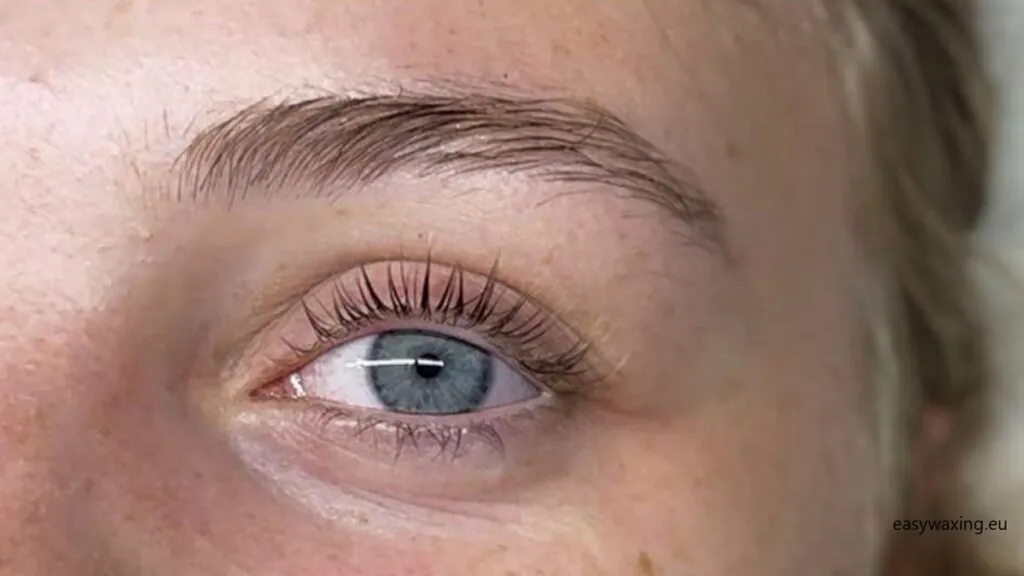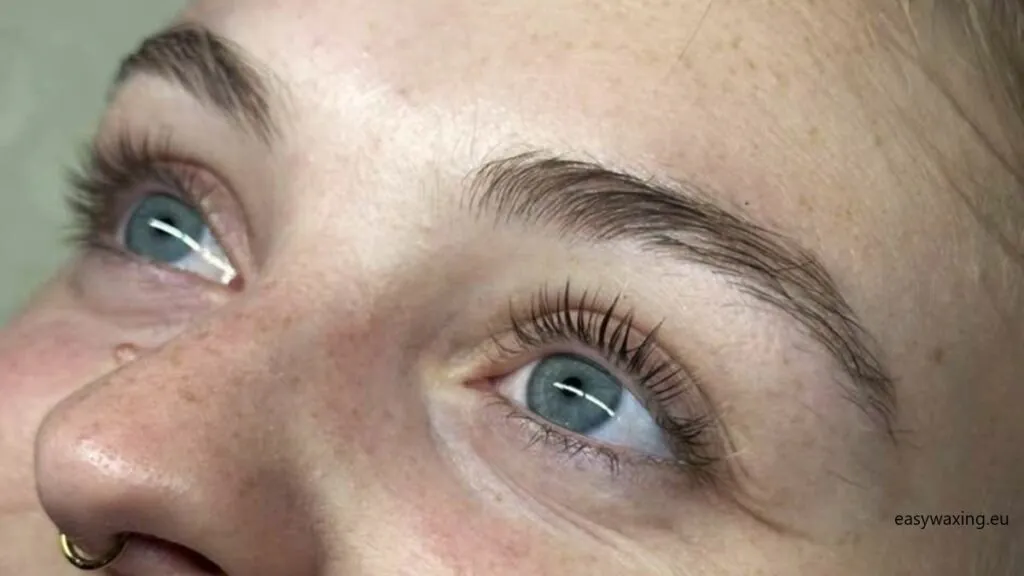Labiaplasty Complications and Common Post-Surgery Issues – What to Do and Where to Seek Help?
Blog BackTable of Contents:
- Most Common Complications After Labiaplasty
- How to Manage Complications?
- Where to Seek Help?
- Our Opinion
Most Common Complications After Labiaplasty
Labiaplasty is generally a safe procedure, but as with any surgery, certain complications may arise. The most frequent issues include:
- Infections – Although rare, infections can occur, especially if post-operative hygiene recommendations are not followed. Symptoms include redness, severe swelling, pain, pus discharge, and fever. In some cases, antibiotic treatment may be required.
- Scarring and adhesions – In most women, labiaplasty scars heal well and remain barely visible. However, some patients may develop excessive or thick scars, leading to discomfort, tightness, or pain.
- Asymmetry – Despite a surgeon’s precision, some women may notice slight differences in the size or shape of the labia after surgery. In such cases, a revision surgery may be necessary.
- Bleeding and hematomas – Excessive bleeding immediately after the procedure is rare but can occur, especially if post-operative activity restrictions are not followed. Hematomas (localized blood collections) may cause pain and prolong healing.
- Delayed wound healing – Some women experience slow tissue regeneration due to individual healing tendencies or not following post-operative care instructions. In such cases, a doctor may recommend special healing ointments.
- Changes in sensitivity – Some patients report increased or decreased sensitivity in the intimate area after the procedure. These changes are often temporary and resolve within a few months, though in rare cases, they may persist longer.
How to Manage Complications?
If you experience any concerning symptoms after labiaplasty, it is essential to take prompt action:
- Regular follow-ups with a doctor – If you notice unusual symptoms, consult the surgeon who performed your procedure. Early intervention can prevent more serious complications.
- Proper hygiene – Maintaining cleanliness in the treated area is crucial. Use gentle, fragrance-free cleansing products and change underwear daily to avoid irritation or infection.
- Rest and activity restrictions – Avoid strenuous exercise, prolonged sitting, and sexual activity for the first 4-6 weeks to prevent strain on the healing tissue.
- Following prescribed medications – If prescribed, take antibiotics, pain relievers, or anti-inflammatory medications as directed by your doctor.
- Monitoring the healing process – Keep an eye on the surgical area for signs of infection, excessive redness, unusual discharge, or worsening pain. Any concerning changes should be reported to a medical professional.
Where to Seek Help?
If you notice any complications after labiaplasty, the first step should be to consult the doctor who performed the surgery. They are best equipped to assess your condition and recommend appropriate treatment.
Additionally, consider:
- Consulting another specialist – If you have doubts about your treatment plan, seek a second opinion from another plastic surgeon or gynecologist specializing in aesthetic procedures.
- Joining online forums and support groups – Many women share their post-labiaplasty experiences on online forums, which can provide insight into the recovery process. However, personal experiences vary, and online advice should not replace professional medical consultation.
- Reading medical literature and expert recommendations – Organizations such as the American Society of Plastic Surgeons and The International Society of Aesthetic Gynecology regularly publish research and guidelines on aesthetic gynecology procedures. This can help you better understand your recovery process and potential risks.
Our Opinion
Labiaplasty can bring many benefits, but like any surgery, it comes with risks. The key to a successful outcome is proper preparation, choosing an experienced surgeon, and carefully following post-operative instructions.
A well-informed approach to the procedure helps minimize complications and increases satisfaction with the final results. If concerning symptoms arise, do not hesitate to seek medical advice—quick intervention can prevent further problems and ensure a smooth recovery.
